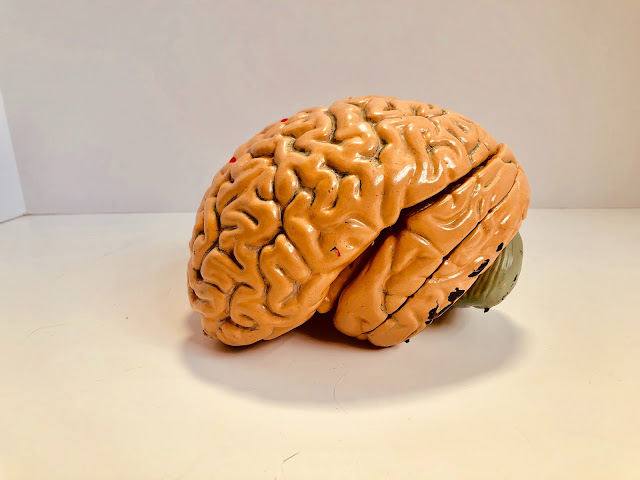My favorite resources on Product Psychology
I have always enjoyed reading about neuroscience, but always from a purely entertaining standpoint. I had some moments where I even thought about building some business around it, but never in a serious manner.
However, since around two years ago, I changed the approach to a more professional and careful one. Understanding how behavior affects the building of digital and non-digital products became critical to my career as product manager and entrepreneur. While I had played around the topic in moonlightning and consulting projects around education, culture and entertainment, the idea of understanding how people read in order to help them enhance their reading skills and improve potential recommendations made me realize I needed to know much more about it.
So there I went and, as usual, I focused on reading as much as possible. Below you see which books I enjoyed the most, and some comments about a few of them.
- Predictably Irrational was the first book I read about the topic, and an eye-opening one. Dan Ariely is a perfect host for this task as it merges some theoretical framework with lots of interesting examples. Many of them are now classics but, when I read them for the first time, I was overwhelmed with how much I did not know about our own behavior.
- Hooked, by Nir Eyal, was the first one I started to use professionally while at 24symbols. I had already read a few ones that explained many of the topics Eyal focuses on here, but the author has a knack for making them actionable. I have read the book twice. The first one I took like fifteen pages of notes. The second one, a couple of years later, I still took five or six more pages. And I believe I still need to read it a few more times.
- Nudge and Thinking, Fast and Slow are maybe the two best known books on the matter, written by Nobel Prize winners. They both introduce the basic concepts of behavioral economics and the Nudge theory. While some of the statements have already been discredited today, they still explain why behavioral economics has become so important now.
- Designing for Behavior Change is, possibly, the most hands-down book I have read about the topic. While it explains some of the basics behind behavior, the author focuses on "so now, what do I do?" It is a really useful book to read along Hooked.
- Regarding courses, I can only fully talk about the certification course I did on EdX, by Rotman School, University of Toronto. Dilip Soman is one renowned expert on the topic and the course is really good (and deep and dense, so get ready to really study!) I may have more issues with the final test, but the important thing is that after the course I felt much stronger and more ready to use it in the real world.
- There are many talks on the topic. TED has some of the best for introductory purposes. For instance:
- Dan Ariely's Our Buggy Moral Code.
- Barry Schwartz's The Paradox of Choice.
- Daniel Kahneman's The Riddle of Experience vs. Memory.
Finally, I am an avid podcast listener, so here I give you some of the ones I like the most. I have honestly not found THAT podcast I should subscribe to forever, but these have some really interesting episodes.
I continue reading books and posts about the topic, although I am now more on the "test and see" stage of my learning. Please let me know if I am missing any jewel of knowlege out there!!!
Photo by Jens Lelie on Unsplash







Comments